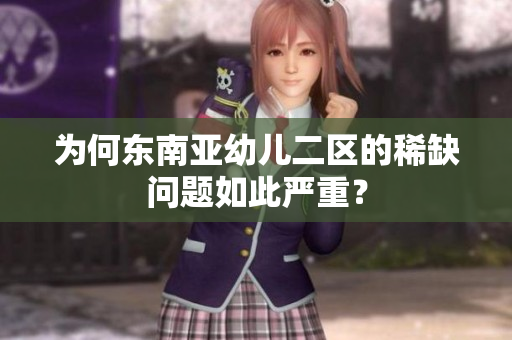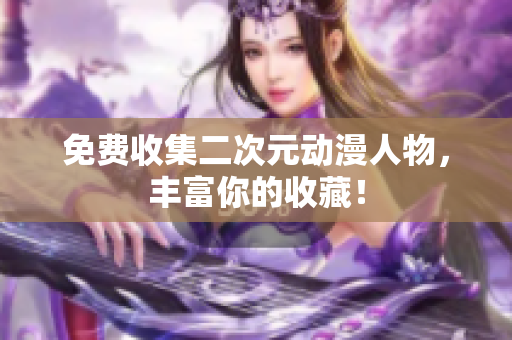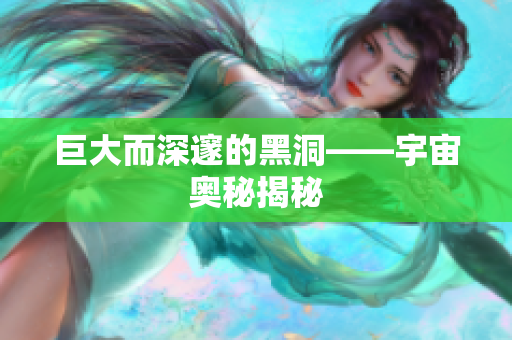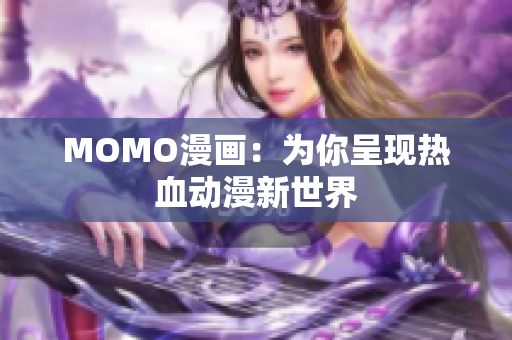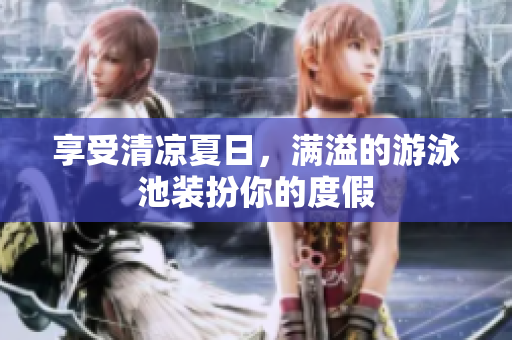Introduction
As students, we are faced with a variety of challenges both inside and outside of the classroom. From difficult assignments to interpersonal conflicts, there are always obstacles that we must learn to overcome. In this article, we will explore several issues that are currently affecting students in our community, including disciplinary issues, academic pursuits, technological developments, and cultural differences. Through careful analysis and thoughtful reflection, we hope to gain a deeper understanding of these issues and develop strategies for overcoming them.
The Challenges of Being an English Course Representative
One of the most challenging roles that a student can take on is that of an English course representative. This individual is responsible for communicating with the teacher, organizing study sessions, and ensuring that all students are performing well in the class. However, many course representatives struggle with this role due to a lack of leadership experience or poor communication skills. To succeed as an English course representative, one must learn to be proactive, organized, and communicative. This can be achieved through participating in leadership programs, attending workshops, and practicing effective communication techniques.
The Scarcity of Early Childhood Education in Southeast Asia
Early childhood education is a critical component of a child's development. However, in many Southeast Asian countries, there is a scarcity of high-quality early education programs, particularly in rural areas. This can lead to a variety of social and economic challenges later in life, including a lack of critical thinking skills, poor job prospects, and a higher risk of poverty. To address this issue, governments, non-governmental organizations, and individuals must come together to invest in early childhood education and improve access to high-quality programs for all children.
The Importance of Preserving Top Western Art and Literature
Western art and literature have played a significant role in shaping global culture and history. However, many of these works are at risk of being lost or forgotten. This can have a significant impact on the world's cultural heritage and our collective understanding of history. To preserve these works for future generations, it is important to support libraries, museums, and other cultural institutions, as well as to encourage the study of Western art and literature in schools and universities.
The Emergence of 5G Technology in Mainland China
5G technology is rapidly evolving, and many countries are striving to become leaders in this field. Mainland China is one such country, having recently launched its 5G network in several major cities. This development offers numerous opportunities for economic growth and technological advancement, but it also raises concerns about privacy, security, and equitable access. To ensure that 5G technology is used responsibly and for the benefit of all citizens, it is vital for policymakers, business leaders, and the general public to engage in ongoing dialogue and collaboration.
Dealing with a C1 Class When You're Not Prepared
Being a teacher is a challenging profession, and one of the most difficult situations that a teacher can face is being asked to teach a class for which they are unprepared. This can be particularly daunting when teaching a C1 class, where students are expected to have advanced language skills and a deep understanding of complex concepts. To mitigate this situation, teachers can leverage a variety of strategies, including engaging with colleagues and administrators for support, using online resources and textbooks, and developing lesson plans that are creative and engaging.
The Emotional Toll of Classroom Conflict
Classroom conflicts are a common occurrence in school settings, and they can have a lasting impact on students' emotional well-being. Although educators strive to create a safe and welcoming learning environment, conflicts between students can arise for a variety of reasons, including cultural differences, personality clashes, or differences in learning style or ability. To address these conflicts, teachers can use restorative justice practices, teach conflict resolution skills, and create opportunities for students to engage with diverse perspectives and cultures. By taking proactive steps to address classroom conflict, we can create a more inclusive and supportive learning environment for all students.
Balancing Academics and Extracurriculars
Students today are faced with a tremendous amount of pressure to excel both academically and in extracurricular activities. This can lead to stress, burnout, and mental health challenges. To strike a balance between academics and extracurriculars, it is important for students to prioritize their time and focus on activities that they are passionate about and that align with their long-term goals. Additionally, it is vital for parents, educators, and society at large to recognize the value of a well-rounded education that encompasses both academic and non-academic pursuits.
Conclusion
As we have seen in this article, students face a wide range of challenges in their academic, social, and personal lives. To navigate these challenges successfully, it is important to develop resilience, leadership skills, effective communication techniques, and strong support networks. By continuing to engage in dialogue and collaboration across cultural and geographic boundaries, we can build stronger and more inclusive communities that support the growth and well-being of all students.

